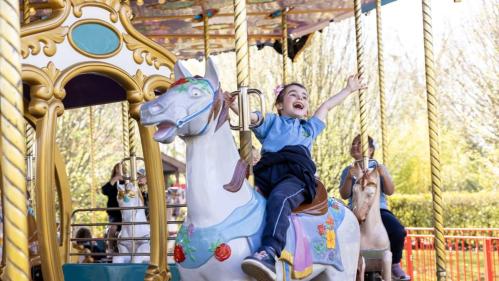It’s very important for parents to encourage an interest in every subject. Each child will have their personal favourites and will get on better in these. However, it’s important not to neglect any subjects in the early years that are perceived as difficult so as not to impact in subject choices in later years. Dropping science or a language after the Junior Cert, may limit university course choices in sixth year.
Your child will have to spend more time doing homework and on certain nights will have more homework to do. He may have two hours homework to do on one night but only an hour to do on another night. One of the best skills your child can learn is how best to manage their time. You can assist your child in doing this by developing a homework timetable. Some subjects, like maths, English and Irish will have nightly homework whereas they might have a week to do their C.S.P.E homework. If your child can effectively manage their homework it will make a big difference to making the transition a whole lot smoother.
It’s a good idea to encourage your child to take part in after-school activities as they are a great way to get to know new students. Whether it’s a computer club, the school choir or joining the camogie team it’s important every student find an activity they can enjoy. Taking part in these activities will help build confidence and help them settle into their new school a lot quicker.
Regular school reports are a new experience for secondary school children with them being sent home from the school. School reports will usually have to be signed by parents and will generally have a mark per subject, including comments about homework that hasn’t been done or notes about your child’s performance. These should be monitored by parents particularly in first year.It’s important that your child knows that you back up the school’s decisions, within reason. If you are dismissive about feedback from the school it will encourage a negative attitude to develop towards school.





